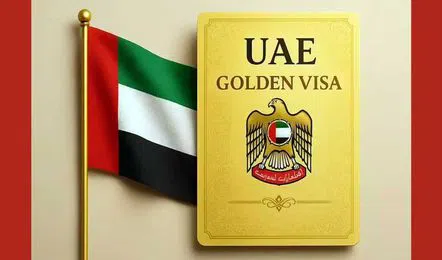- Courses
- GS Full Course 1 Year
- GS Full Course 2 Year
- GS Full Course 3 Year
- GS Full Course Till Selection
- Answer Alpha: Mains 2025 Mentorship
- MEP (Mains Enrichment Programme) Data, Facts
- Essay Target – 150+ Marks
- Online Program
- GS Recorded Course
- Polity
- Geography
- Economy
- Ancient, Medieval and Art & Culture AMAC
- Modern India, Post Independence & World History
- Environment
- Governance
- Science & Technology
- International Relations and Internal Security
- Disaster Management
- Ethics
- NCERT Current Affairs
- Indian Society and Social Issue
- NCERT- Science and Technology
- NCERT - Geography
- NCERT - Ancient History
- NCERT- World History
- NCERT Modern History
- NCERT Medieval History
- CSAT
- 5 LAYERED ARJUNA Mentorship
- Public Administration Optional
- ABOUT US
- OUR TOPPERS
- TEST SERIES
- FREE STUDY MATERIAL
- VIDEOS
- CONTACT US
Goods and Services Tax (GST) Council
Goods and Services Tax (GST) Council
26-06-2024
Recent Developments: The GST Council recently issued recommendations on taxation, Input Tax Credit (ITC) claims, and demand notices.
What is the GST Council?
- Constitutional Body: Established under Article 279A of the Indian Constitution.
- Mandate: Makes recommendations on all aspects of GST implementation in India.
- Composition:
- Chairperson: Union Finance Minister
- Members:
- Union Minister of State (Revenue)
- State Finance/Taxation Ministers (or nominated representatives)
- Decision-Making:
- Decisions require a 3/4th majority of weighted votes.
- Central Government vote has 1/3rd weightage.
- State Governments' votes collectively have 2/3rd weightage.
Key Responsibilities:
- Recommends goods and services to be taxed or exempted.
- Drafts model GST laws.
- Determines Place of Supply rules.
- Sets threshold limits and GST rates (including floor rates and special rates).
- Recommends provisions for specific states during calamities.
Secretariat:
- Manages the GST Council's operations.
- Staffed by officials from both Central and State Governments.
- Funded entirely by the Central Government.
- Ex-officio Secretary: Revenue Secretary of India
- Location: New Delhi
Goods and Services Tax (GST):
- Indirect Tax: Replaced multiple indirect taxes (excise, VAT, service tax).
- Implementation: Came into effect on July 1, 2017.
- Features:
- Single, comprehensive indirect tax for the entire country.
- Multi-stage, destination-based tax levied on the supply chain.
- Tax is levied at every point of sale.
- Intrastate sales: Central GST (CGST) + State GST (SGST)
- Interstate sales: Integrated GST (IGST)
- Input Tax Credit (ITC) mechanism allows businesses to offset taxes paid at earlier stages.
- Impact: Ultimately, the final consumer bears the GST burden, but businesses remit the tax to the government.
What are Indirect Taxes:
- Indirect Tax Definition: Collected by one entity (manufacturer, retailer) but passed on to the consumer as part of the product/service price.
- Example: GST is an indirect tax where the consumer ultimately pays the tax included in the price.
Additional points:
- The GST Council plays a crucial role in shaping India's indirect tax regime.
- Regular meetings are held to discuss and decide on various GST-related matters.
- GST has simplified the indirect tax structure in India, but its implementation and administration remain complex and require constant attention.



